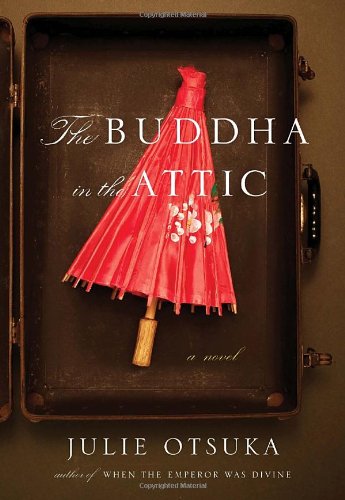Published : 2021 || Format : print || Location : Colombia ☆ ☆ ☆ ☆ ☆ What was it about the country that kept everyone hostage to its fantasy? The previous month, on its own soil, an American man went to his job at a plant and gunned down fourteen coworkers, and last spring alone there were four different school shootings. A nation at war with itself, yet people still spoke of it as some kind of paradise.. Thoughts : Infinite Country follows two characters - young Talia, who at the beginning of this book, escapes a girl’s reform school in North Colombia so that she can make her previously booked flight to the US. Before she can do that, she needs to travel many miles to reach her father and get her ticket to the rest of her family. As we follow Talia’s treacherous journey south, we learn about how she ended up in the reform school in the first place and why half her family resides in the US. Infinite Country tells the...
Most of us on the boat were accomplished, and were sure we would make good wives. We knew how to cook and sew. We knew how to serve tea and arrange flowers and sit quietly on our flat wide feet for hours, saying absolutely nothing of substance at all. A girl must blend into a room: she must be present without appearing to exist.
Julie Otsuka's The Buddha in the Attic tells the story of a group of young Japanese women who were brought to San Francisco as picture brides in the early 20th century. Their journey starts by boat, where they discuss their many expectations from marriage, exchange photos of their husbands whom they haven't met yet and share their deep fears about the unknown future towards which the boat chugged forward. What they arrive to in San Francisco was mostly very different from what they set out expecting, but going back to their lives in Japan was not an option as they wouldn't be welcome there either anymore. But the women somehow manage to lead and adapt to their new lives, working daily and keeping their husbands happy. Eventually, WW2 arrives to throw everything they earned and lived for into the abyss.
It's been a while since I read this book, so I'm not sure my review will be as articulate as I want it to be. What I strongly remember is enjoying the voice of the narration - the narration is from a plural first person perspective - through "we", "us" and "our". As similar as the stories of many of the women were, they were just as disparate. It took me a while to get used to the style, but once I did, I enjoyed it. I expected it to get boring after a few chapters - I wasn't sure how long the author could sustain interest in that manner of narration, but it held my interest throughout, probably because of the rich diversity in the lifestyles of the brides, which all seemed to go along similar phases of life at the same time.
The Buddha in the Attic shows the prejudice of the times very well - it isn't overdone. While some of the families are able to get "better" jobs, many still worked in farms, subject to the occasional ridicule and striving to do an honest day's work. This book is primarily a collection of the women's stories, although after the first chapter, when they are united with their husbands, the women's stories are intertwined with those of their husbands and children. The passage of time is well captured in this book - even though this is a slim and quick read at 120-odd pages, by the time I turned the last page, I felt as if I read about someone's long life story.
My favorite chapters of this book were the last few - when the WW2 rolls around and many Japanese folks are moved to internment camps. I felt that the collective voices tool is made more powerful here - when the people try to react to missing neighbors and share their fears, uncertainties and worries about their families. The reactions of the American neighbors were even more intriguing to read. Reading these chapters made me realize yet again how easy it is to have a Holocaust-like event right under your nose and still look bemusedly at what's happening. Within days, the memory takes on the vague sepia tones of the past, and then it's like it never happened. The Buddha in the Attic eventually left me feeling sad and indignant but not depressed. Since it's one of my top reads from last year, I strongly recommend it.
I borrowed this book from my library.


Comments
My favorite parts were actually near the beginning as they arrive an began experiencing the different culture. It was sad but I felt like I could just feel what the characters were feeling.